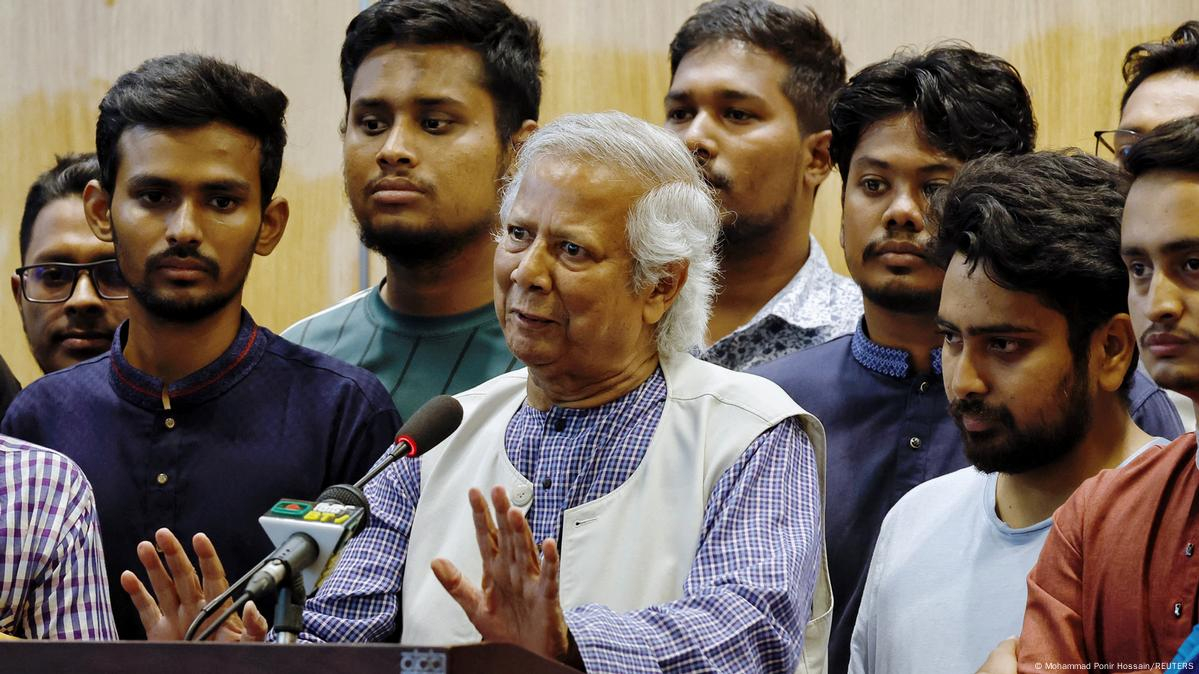Published: 09:55 AM, 18 September 2025 Last Update: 10:01 AM, 18 September 2025
Crime and Blame: The Government Cannot Escape Responsibility

Sangram Datta
The interim government finds itself at the center of a heated debate over crime statistics. According to the Chief Adviser’s Press Wing, the surge in violent crimes—murder, abduction, and violence against women and children—is not necessarily the result of a worsening situation, but rather the re-registration of cases that were suppressed or left unrecorded under the previous administration. They maintain that common crimes such as theft, robbery, and rioting have, in fact, declined, framing this as a sign of success.
Yet the reality on the ground tells a different story. Reports from across the country point to growing unrest, instability, and lawlessness. Citizens are alarmed by the rising number of murders, incidents of gender-based violence, and abductions. The official explanation—that today’s figures reflect yesterday’s hidden crimes—may be partly valid, but it cannot mask the fact that law and order is in steady decline.
Shifting the blame onto past governments is nothing new. Successive regimes have pointed fingers at their predecessors whenever law and order faltered. The current government appears to be walking the same well-trodden path. But scapegoating is no substitute for governance. The stark truth is that the erosion of security has become one of the country’s gravest crises, and acknowledging it is the first step toward finding solutions.
The Home Affairs Adviser has already conceded that law and order has deteriorated “to some extent.” While this admission is a small step forward, it is far from sufficient. The government cannot afford to stop at rhetoric. Its foremost responsibility is to protect citizens and uphold the rule of law. That duty cannot be evaded.
The message is clear: blaming the past is not enough. The government must act decisively to restore public confidence. Lawlessness must be curbed with firm measures. The law must be enforced strictly and impartially, regardless of political affiliation or social status. Only then can the government demonstrate that it is serious about its duty to safeguard the security and dignity of its people.




